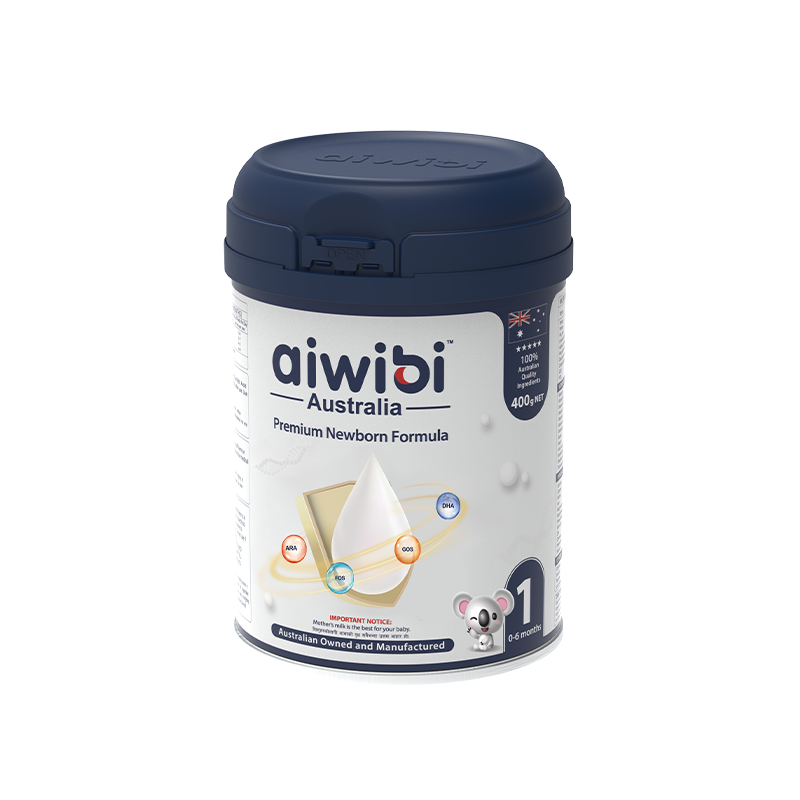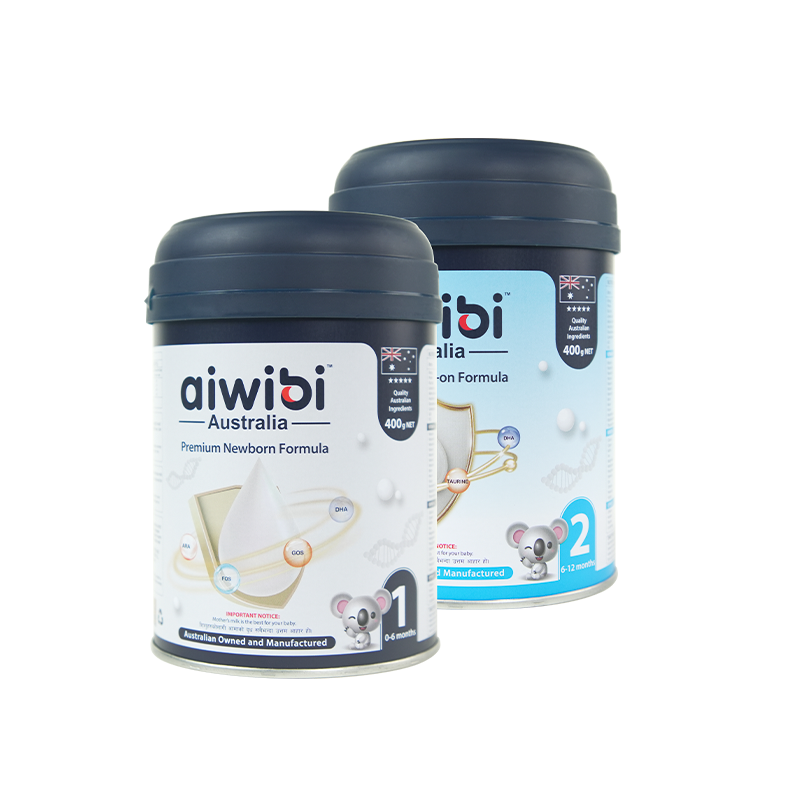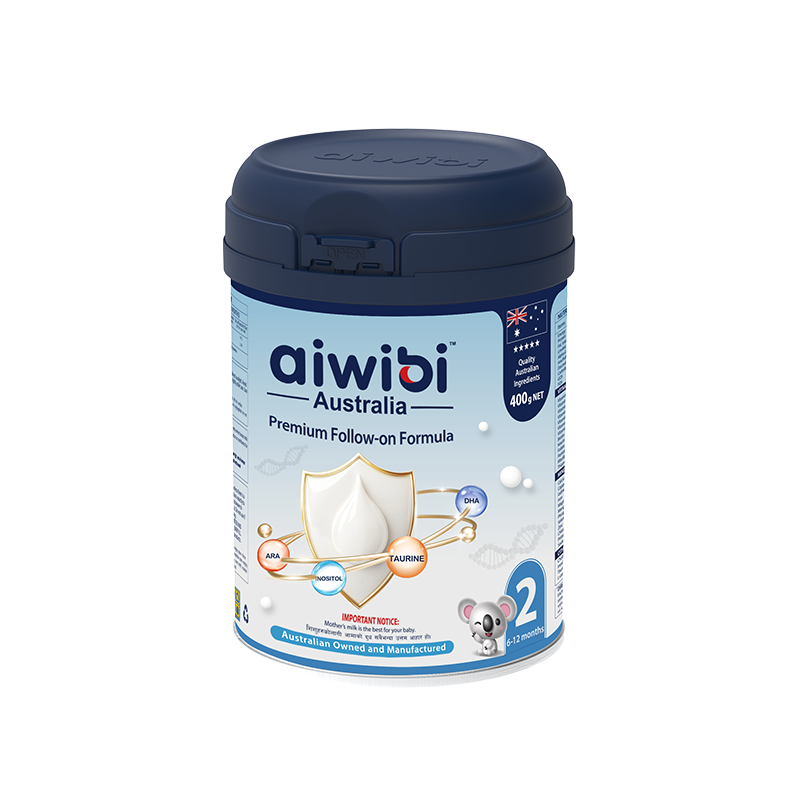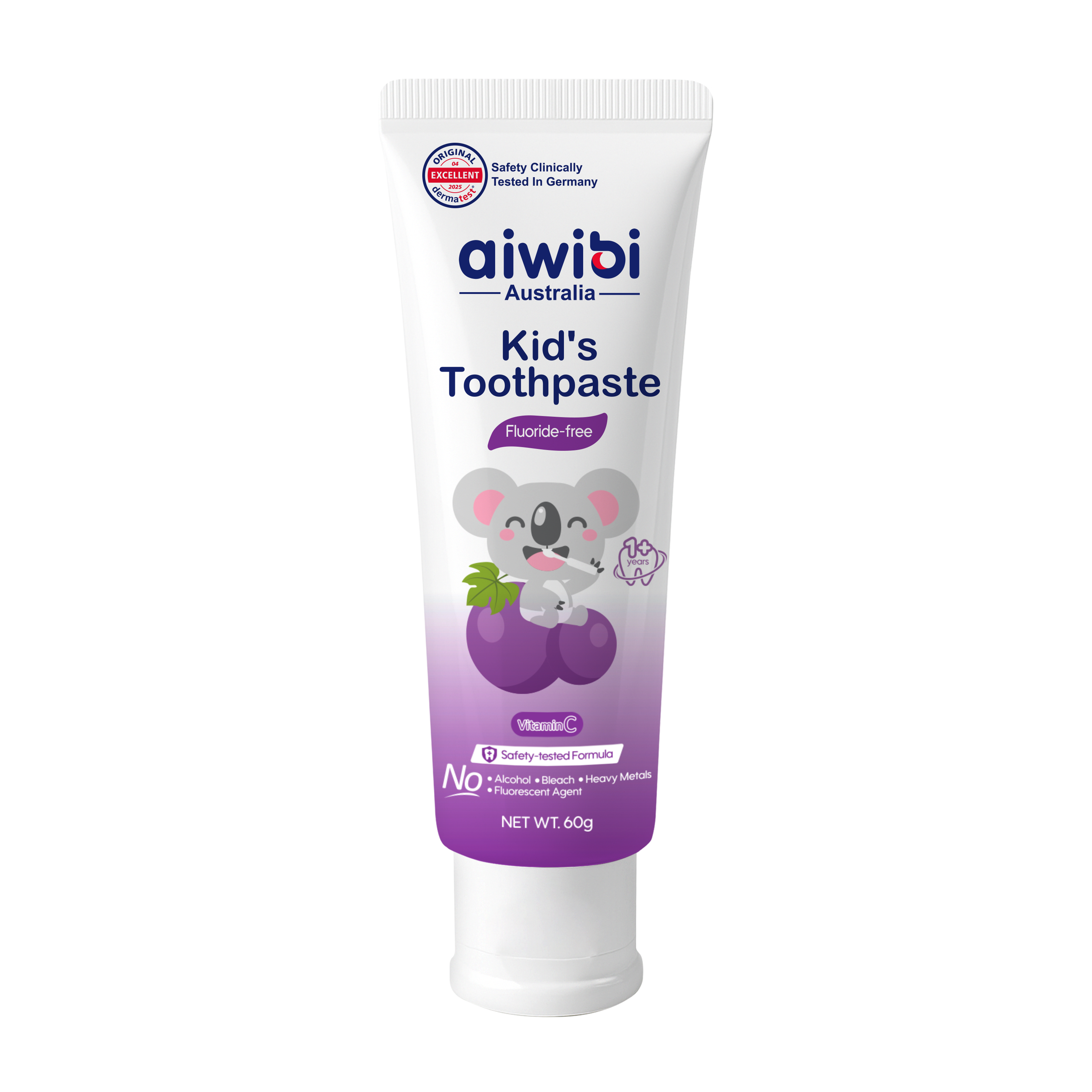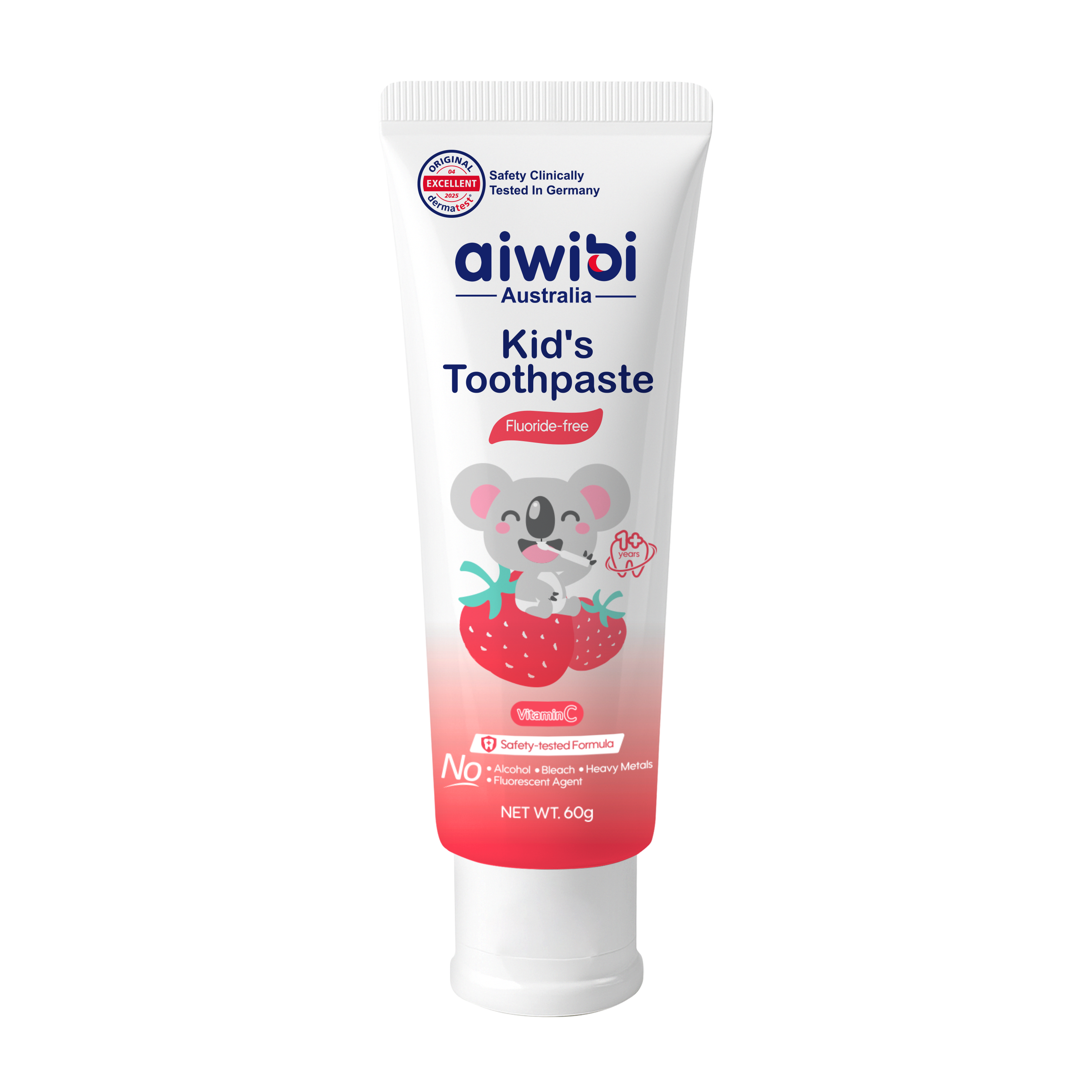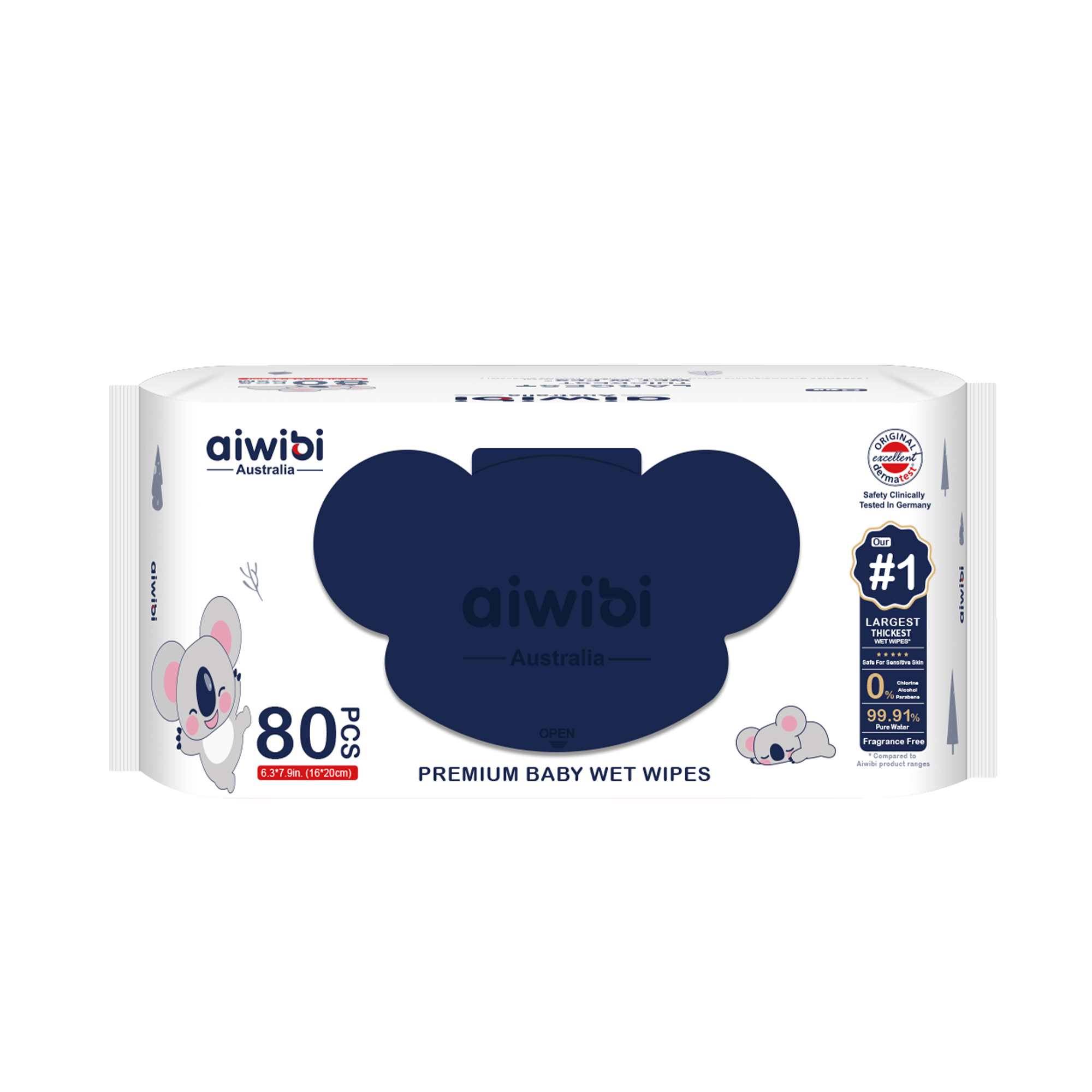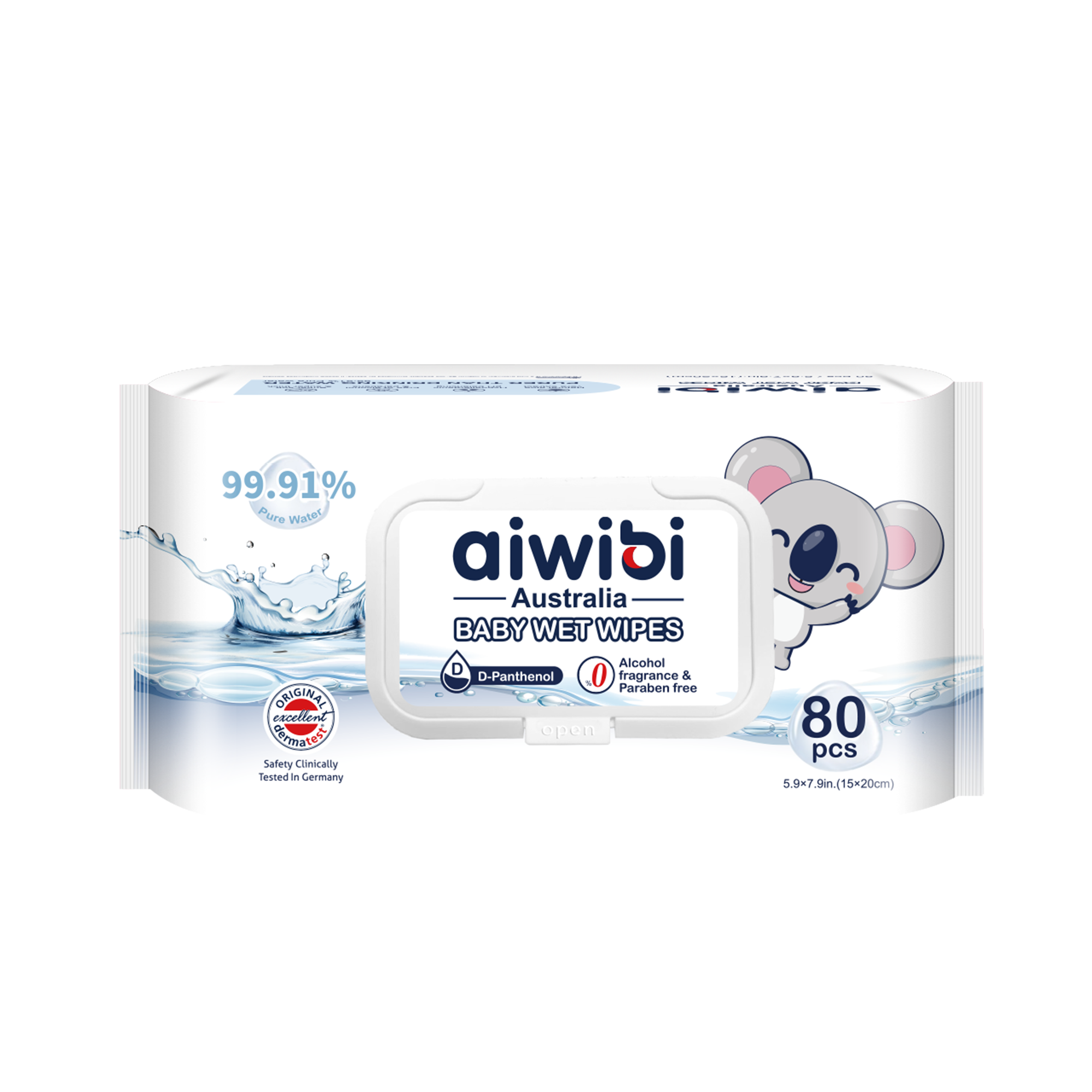A stuffy nose in a newborn can be concerning for parents, especially first-time caregivers. Since babies breathe primarily through their noses, congestion can make feeding and sleeping difficult. In this guide, we’ll discuss why newborns get stuffy noses, safe remedies, and tips to help your baby breathe easier—especially relevant for parents in Nepal where climate and environmental factors may contribute.
Is It Normal for a Newborn to Have a Stuffy Nose?
Yes! Newborns often have nasal congestion due to:
- Small nasal passages – Even a little mucus can cause blockage.
- Dry air – Common in Nepal’s varying climates (especially in winter or high-altitude areas).
- Irritants – Dust, smoke, or strong odors can trigger congestion.
- Milk reflux – Babies may get stuffy after feeding due to mild regurgitation.
If your baby has no fever, is feeding well, and has no other symptoms, the congestion is likely harmless. However, if breathing becomes labored or is accompanied by a high fever, consult a doctor.

How to Unstuff a Newborn’s Nose
-
Saline Drops & Gentle Suction
Use sterile saline drops (available in Nepali pharmacies) to loosen mucus.
Follow with a bulb syringe or nasal aspirator to remove mucus gently. -
Breastmilk for Congestion
Some mothers in Nepal use a few drops of breastmilk in the baby’s nose—its natural antibodies may help clear mild congestion.While not scientifically proven, this practice is generally considered harmless. -
Humidify the Air
Use a cool-mist humidifier (especially in dry regions like Kathmandu).
Alternatively, sit with your baby in a steamy bathroom for a few minutes. -
Elevate the Head During Sleep
Place a rolled towel under the crib mattress (never under the baby’s head directly) to help drainage. -
Keep Baby Hydrated
Breastfeed frequently to prevent dehydration and thin mucus.
If formula-fed, ensure proper feeding intervals.
Breastfeeding and Stuffy Noses: A Natural Comfort?
Many Nepali mothers wonder, does breastmilk help a stuffy nose in newborns? While breast milk is packed with antibodies and beneficial properties, there isn't strong scientific evidence to support its direct use as a nasal decongestant. It's always best to stick to saline drops, which are specifically designed for this purpose. However, breastfeeding itself provides comfort and hydration, which are important when your baby isn't feeling their best.
When to Seek Help
While most newborn stuffy noses are minor, it's important to seek professional advice if you notice any of the following:
- Fever (rectal temperature of 100.4°F or higher)
- Difficulty breathing (rapid breathing, flaring nostrils, grunting, chest retractions)
- Persistent cough
- Poor feeding or decreased wet diapers
- Lethargy or excessive irritability
- Stuffy nose lasting for more than a week

Final Tips for Nepali Parents
- Avoid home remedies like eucalyptus oil (too strong for babies).
- Keep the baby’s environment smoke-free and dust-free.
- Frequent suction may cause irritation—it can irritate the nose.
A stuffy nose is usually temporary and improves with simple care. By keeping the air moist, using saline drops, and monitoring feeding, your baby should breathe easier soon!
This information is for educational purposes only and not a substitute for professional medical advice. Conditions may vary - always consult your pediatrician for concerns about your baby's health.


